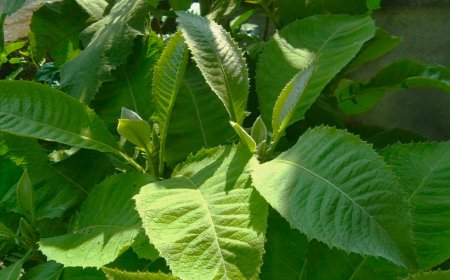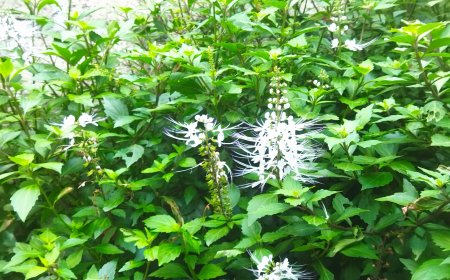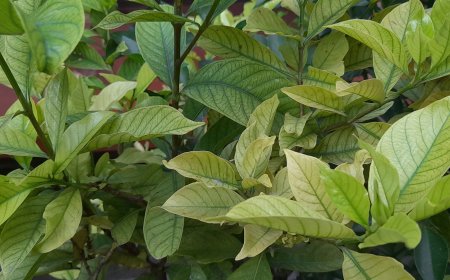Daun Piduh: Embracing Balinese Wisdom in Traditional Medicine
Daun Piduh is a herbal plant that grows in Bali and is used in traditional Balinese medicine known as Usadha Bali. In the manuscript 'Usadha Dalem' (13b), Daun Piduh is mentioned as one of the essential ingredients in healing practices. This leaf is utilized in various medicinal mixtures to address both physical and spiritual health issues, often incorporated into rituals and ceremonies alongside mantras. The practices of Usadha Bali and the use of Daun Piduh reflect the cultural richness and traditions passed down through generations in Bali for centuries.
Bali, an island known for its natural beauty, is also rich in unique traditions and culture. One intriguing aspect is the practice of traditional Balinese medicine, known as Usadha. In the context of this traditional medicine, the piduh leaf, or "daun paiduh" in Balinese, plays a crucial role in treating various illnesses and health conditions.
The piduh leaf, also known as daun paiduh, is one of the herbal ingredients used in Balinese Usadha practices. This leaf has a wide range of benefits in traditional healing, particularly in addressing specific health issues.
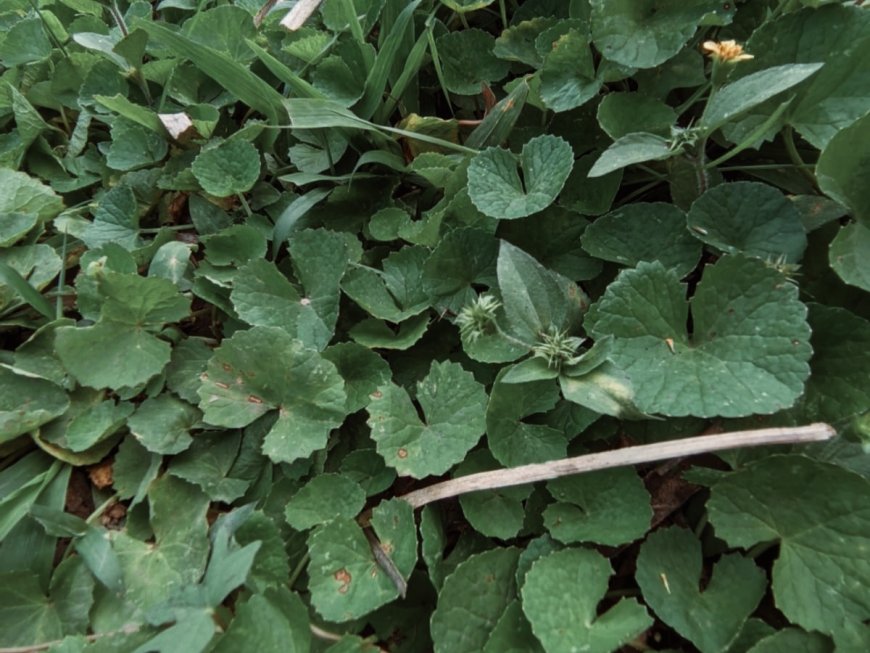
Daun Piduh (Photo Source: Personal Collection)
The use of piduh leaves in Balinese traditional medicine is based on the belief in their healing properties. As recorded in the "Usadha Dalem" manuscript, the quote (13b) mentions, "les larāti, buyanati, kaki komara gaṇā, anamba danā lara waras. Lagi, sarana, daun lirang yang masih muda, air kunyit, kemiri jentung, cendana, semburkan. Obat, menusuk-tusuk pada punggung dan dada, sarana, temu tis, daun bawang, glam, semburkan. Obat, daging dan otot kaku, sarana, ndungu, adas, semburkan. Obat, gila suka makan, sarana, daun paiduh, sulasih hitam, mantra, ong, arah sipini, sarwwa, graha wini swaha (Ya arah sipini, segala yang diterima dapat menyembuhkan). Obat, gila suka makan siang malam, tiada pernah kenyang, sarana, jeruk nipis, dirajah sangka n paran, ditutuhkan. Obat, gila menari, sarana, daun mya – " This describes the faith in the piduh leaf's ability to alleviate various health problems, including muscle tension, digestive problems, and even abnormal eating behavior.
Usadha practitioners, commonly referred to as "belian" in Balinese tradition, are experienced figures in the field of traditional Balinese medicine. They are individuals who utilize piduh leaves in various herbal concoctions for medicinal purposes. They possess deep knowledge of how to prepare and apply piduh leaves for the benefit of community health.
The use of piduh leaves in Balinese traditional medicine can be found in various regions of Bali. Usadha practices are widespread on the island, and many Balinese people seek alternative treatments through this practice.
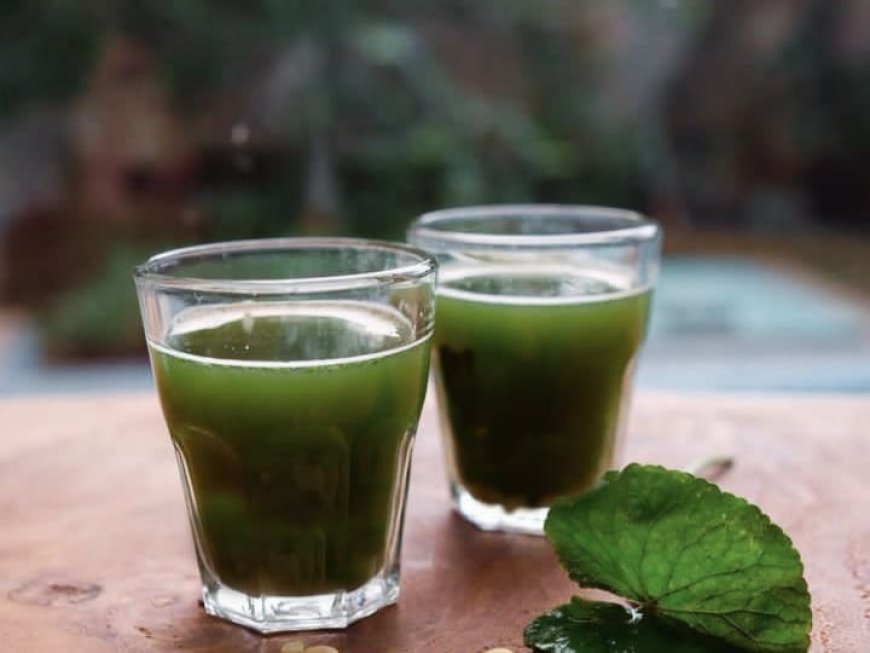
Piduh herbal mixture (Photo Source: Personal Collection)
The use of piduh leaves in Usadha medicine doesn't have a specific time limitation. Balinese communities tend to access this treatment when they face health issues or require alternative care.
Piduh leaves are used in various medicinal concoctions prepared by Usadha practitioners. The application methods can vary depending on the type of illness or condition being treated. Additionally, the use of specific mantras and rituals often involves piduh leaves in Usadha practices.
The use of piduh leaves in Balinese Usadha practices is a real example of how culture and tradition can influence the healthcare practices of a community. Although sometimes considered alternative, practices like this remain relevant to the Balinese people and reflect the importance of cultural heritage in maintaining health and well-being.

















































